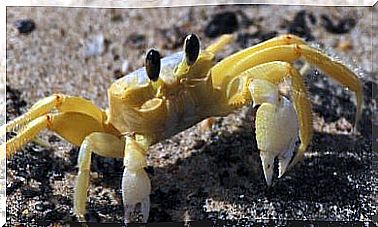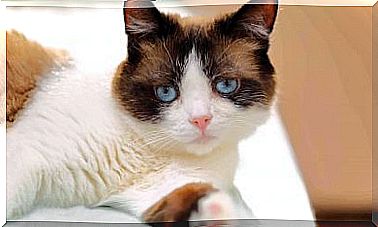How Old Does A Cat Live? Find Out Here!
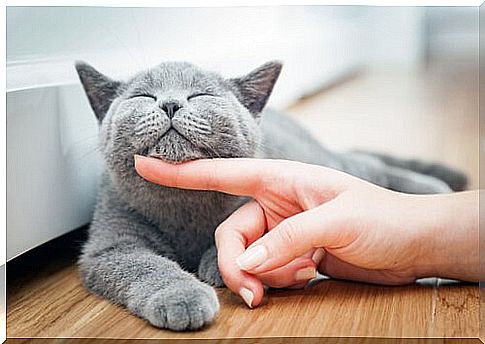
When adopting a kitten, the question we inevitably ask ourselves is, “How old does a cat live?” It is evident that when we decide to welcome an animal into our home, we want to enjoy long years in its company.
Although it is complex to calculate how long each house cat can live, it is possible to estimate the average life span. However, this calculation is not simple or exact, as many variables influence the longevity of a feline.
In addition to the characteristics inherent to the cat itself, the lifestyle and care that the animal receives are fundamental factors.
Next, we’ll show you how you can estimate how long your cat will live. In addition, we’ll also talk about what we can do to help improve your pet’s life expectancy.
Is it possible to calculate how old a cat lives?
Determining how long a kitten will live is as complex as figuring out its exact age in human years. Therefore, we only intend to make an estimate.
As such, some cats may exceed the average feline longevity, while others may die sooner than expected.
For this calculation, some variables inherent to the organism of each cat are considered. The most important are: race, genetic inheritance, lineage, size and metabolism.
Therefore, the average life expectancy is established for individuals of the same race, who share certain genetic and morphological characteristics.
There are also factors external to the cat’s body that directly impact its longevity. A cat’s quality of life is often decisive when answering the question, “How many years does a cat live?”
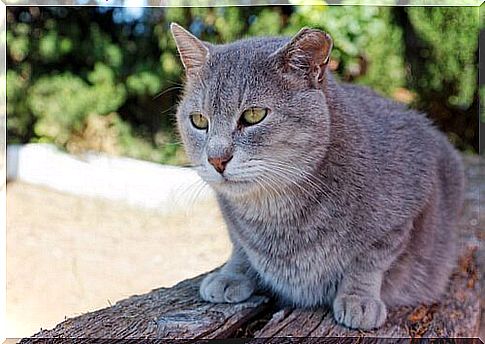
In fact, domestic cats generally have a longer life expectancy than stray cats.
Unfortunately, cats that are born or abandoned on the streets are exposed to several disease-causing organisms and health risk factors. Furthermore, the feeding of these animals will hardly be balanced and complete.
On the other hand, cats that are lucky to have a family are more “protected”. Therefore, these animals can accompany their families for many years, as long as they receive the proper preventive medicine.
In addition, these animals also need a balanced diet and proper care for their physical and mental well-being.
Each cat is a world and has a unique organism
Cats are very special animals and each kitten is a unique being. Each animal is endowed with its own personality and a unique organism.
Therefore, longevity will also be diverse and it is impossible to define exactly how old a cat will live.
However, it is true that we can estimate the life expectancy of a cat if we consider genetic characteristics, breed, lineage, morphology and metabolism.
However, even so, we must always emphasize that this average usually varies according to the living conditions of each animal.
In general, cats usually live between 8 and 15 years, although some can live longer. However, some cats may exceed all estimates regarding life expectancy.
Is it true that crossbred cats live longer?
It can be seen that crossbred cats raised under ideal conditions hardly get sick and can live for more than 20 years. However, is it true that they live longer because they are mestizos?
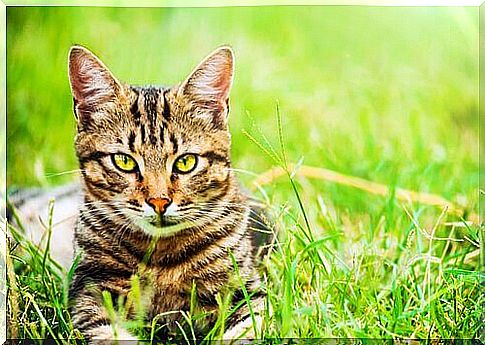
To create and standardize feline breeds, breeders subject cats belonging to each breed to a series of selective matings.
The main objective is basically to reinforce or exaggerate certain physical attributes and instinctual abilities valued in each race.
Unfortunately, many breeders have resorted to inbreeding – between genetically related individuals – to improve the “purity” of the strain.
Despite good breeding techniques, high inbreeding negatively affects the health of the offspring.
In this context, congenital malformations, weaker immune system, fertility problems and behavioral disorders are just some of the effects of inbreeding in animals.
Crossbred cats, in turn, were not subjected to inbreeding or selective breeding, so they have greater genetic diversity.
Consequently, they show a lesser predisposition to hereditary and degenerative diseases that severely affect most feline breeds.
Take care of your kitten, no matter what his breed
Remember to take the animal to the vet every six months, respect the vaccination card and deworming. That way, your pet will have a happier and longer-lasting life.






